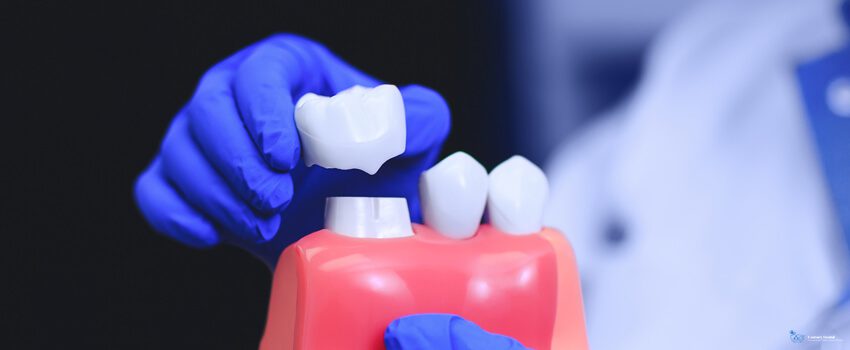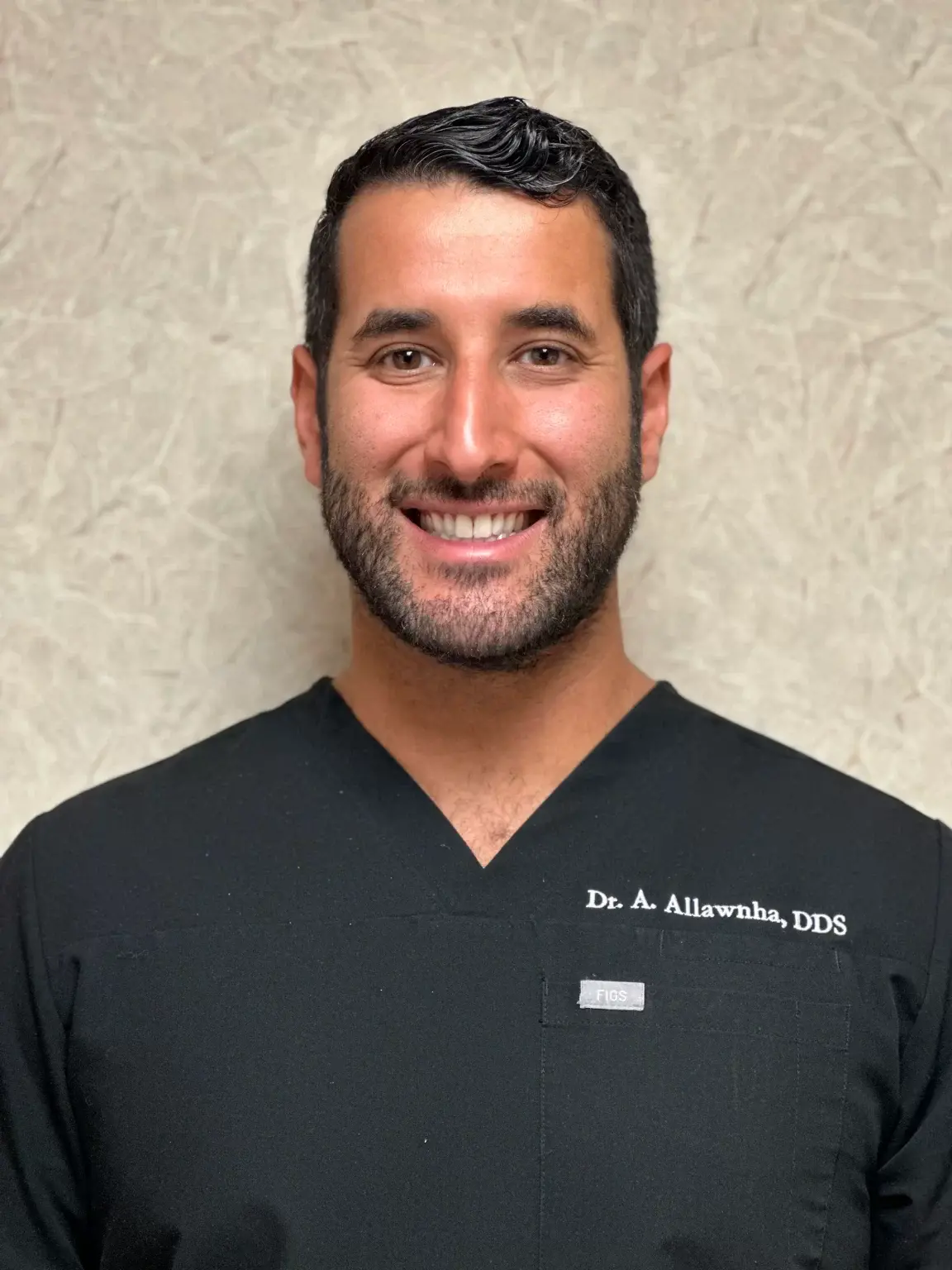Every tooth that falls out reduces the quality of life.
Statistics show that millions of Americans have lost their teeth despite improvements in dental care. Some of the leading causes of tooth loss are periodontal disease, tooth decay, and injury.
Many things can occur after a tooth is removed. These changes may be subtle to the patient; however, they gradually worsen and cause serious consequences for their appearance and health.
Dentures and bridges were the only way to replace missing teeth before dental implants came along. However, they are not the best option to replace missing teeth; they can trap food and cause problems with speech and affect your bite. They also have a failure rate of 15-2% within ten years.
Now, implants are a popular choice because they offer the same level of stability and reliability as natural teeth. They also have a 2% failure ratio in ten years.
Here are some things you need to know before you decide to get them.
What are Implants?
Dental implants are used to replace missing roots. They have cylinders and screws made of medical-grade titanium, topped with prosthetic teeth or crowns designed to match natural teeth.
The three major components of a dental implant are the fixture, abutment, and dental prosthesis:
-
The fixture creates the artificial root for an implant. Dentists embed them into the jawbone to allow it to fuse with the gum tissue.
-
The abutment lies between the gum line and the crown. It can support and secure a crown or denture, bridge, or any other type of dental work.
-
The prosthesis attaches to the abutment. Dentists make teeth molds to make them match your natural teeth and bite. They function like natural teeth and can be snapped, clipped, or screwed in place.
Why You Should Get Implants for Teeth
Dental implants are the best way to replicate natural teeth. They allow you to have artificial teeth that won’t fall out, sustain damage, or slip.
Bridges and dentures may provide similar results, but they are not as strong as implants. Implants are the best choice for you for various reasons, like:
-
Appeal: Dentists make them perfectly fit your mouth and replicate your natural teeth.
-
Overall better speech: With implants, you can speak freely and confidently because they won’t fall out like dentures.
-
Greater comfort: Implants essentially become part of your body, eliminating the discomfort that comes with removable dentures.
-
Hassle-free eating: Ill-fitting dentures can slip, making it difficult to chew. Implants are more stable and function like natural teeth, allowing you to eat your favorite foods comfortably.
-
Practicality: Dentures are removable, but they may also become loose and change their fit over time. You won’t need to use sealants to hold them in place.
As for pain, teeth implants are not painful. Dentists use local anesthesia to numb the implant site to keep you from feeling any pain while placing your implants accurately.
When to Get Dental Implants
Getting tooth implants may be necessary if you lose one or more teeth. They may also affect your appearance; missing teeth can cause your cheeks to sink due to a lack of gum stimulation. Replacing a missing tooth is vital; ignoring it will only make problems worse.
Being able to smile, laugh, and eat comfortably at social events is essential and can significantly impact your overall life. Dental implants are also an excellent solution if you are conscious of your smile. They can help improve self-esteem and self-confidence.
What to Expect Before Getting Implants
It is a big decision to get implants for teeth; learning more about them before you decide to get them is crucial.
Here are six things you need to know before undergoing dental implant surgery:
Possible Health Risks
Dental implant surgery, like any other surgery, carries risks. Although issues are uncommon, they are probably minimal and simple to resolve.
Some potential health risks of getting dental implants include:
-
Infection around the implant
-
Injury or damage to structures surrounding the implant like teeth and blood vessels
-
Discomfort, stiffness, or burning sensations in your natural teeth, gums, lips, or chin due to nerve damage
-
Sinus issues when implants in your upper jaw penetrate one of your sinus chambers.
Cost of Implants
According to The New York Times, getting tooth implants costs between $3,000 and $4,000, depending on the materials and your teeth’s condition. You can always consult your dentist to determine how much you need to pay. Also, check with your dental insurance to see if your policy covers implants.
Remember that every patient is unique and will have their own cost factors. Aside from costing more, getting teeth implants may take longer to complete.
Bone Grafting May Be Needed
If your dentist decides that your jawbone isn’t strong enough to undergo surgery, you may need bone grafting.
Jawbones that are too soft can’t support dental implants for long, making it necessary for a surgeon to take a few bones from another part of your body, like the hip bone.
The amount of jawbone support you require will affect the time it takes to complete bone grafting. Your jaw will also need to grow bone mass; your dentist may use an artificial bone material to increase your bone mass.
You may have the procedure done the same day as your tooth implant surgery if you only require minimal bone grafting.
A Comprehensive Dental Examination
A variety of specialists may be involved in planning for your teeth implants. These include a dentist who can design and fit artificial teeth and an ear, nose, and throat specialist.
Dental implants may require multiple surgical procedures, requiring you to have a complete evaluation, which may include a:
-
Thorough dental exam: This includes dental X-rays, 3D images, and models of your jaw and teeth.
-
Medical history evaluation: Tell your dentist all about your medical conditions and any medication you are taking, including over-the-counter and prescription drugs. Your doctor may recommend antibiotics if you have any heart conditions or implants to prevent infection.
-
Procedure planning: This plan is tailored to your specific situation and will need to consider factors like how many teeth need to be removed and jawbone conditions for the best possible outcome.
Downtime and Preparation for After-Care
Some soreness and swelling are normal after any procedure. You will need to rest and heal after any surgery, and you’ll also need some time to prepare before your surgery.
Make sure your arrangements include:
-
Stocking up on soft food and pain medication
-
Two days off work or social engagements
-
A light schedule for the first week following your oral surgery
-
Taking a break from exercising
-
Arranging for childcare or help around your home for the first two days following oral surgery
Long-Term Care and Maintenance
Although implants are immune to gum disease, they aren’t safe from bacteria. Gaps and irregularities in regular dental care can promote and spread gum disease, compromising your replacement teeth.
Your implants might need to be replaced or maintained over time. Keeping your jawbone, teeth, and gums strong and healthy for your tooth implant before and after is crucial if you want your implants to last and save money in the long run.
Implants can last a lifetime with proper care and maintenance. Make sure to avoid these habits:
-
Smoking
-
Poor oral hygiene
-
Keeping objects between your teeth
-
Jaw clenching and teeth grinding
-
Too much coffee
Keep yourself hydrated and maintain a healthy lifestyle; it will make it easier for your body to accept your new implants.
Get Your Implants at Century Dental
Whether it’s for restoring your teeth or boosting your confidence with the perfect smile, our experienced and reliable dentist in South Pasadena, FL, can answer your queries on how to get dental implants.
Century Dental is committed to providing high-quality dental services and treatments for all forms of oral conditions, including implant dentistry. Make an appointment today with us and keep your mouth healthy in the long run!





